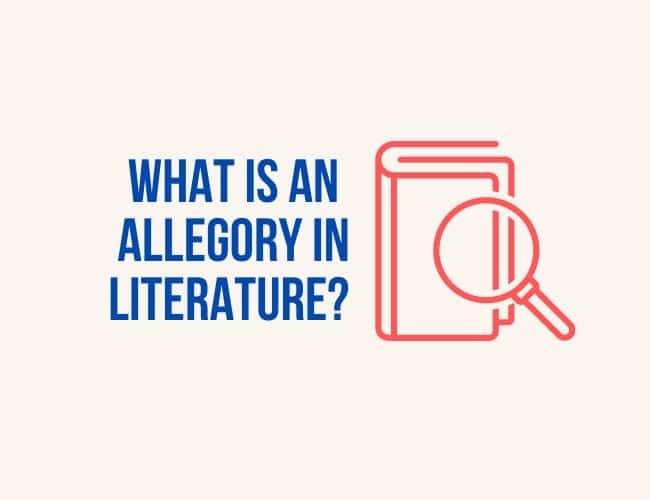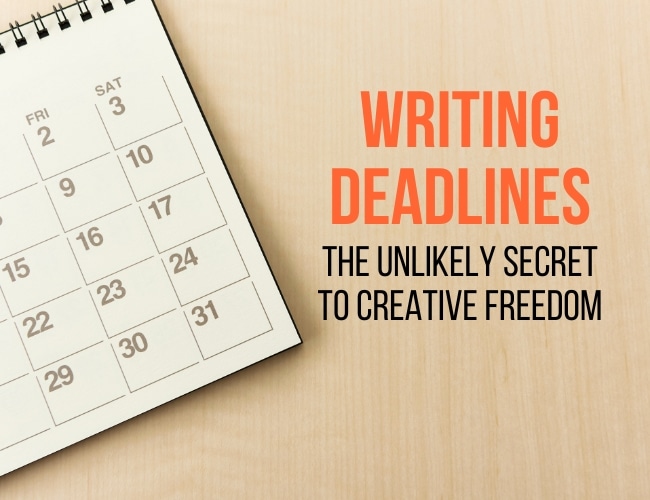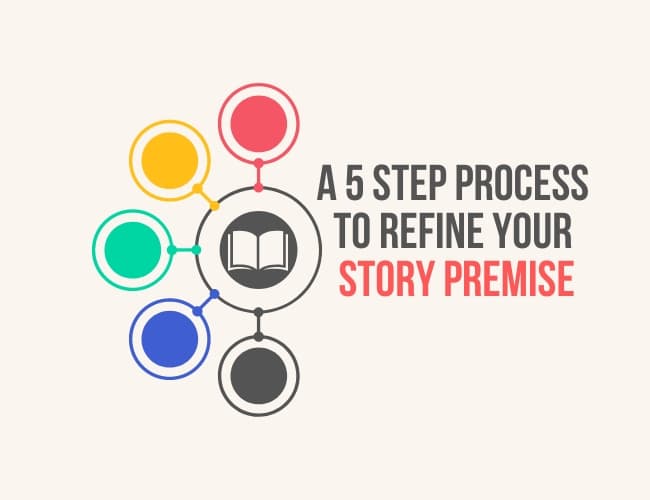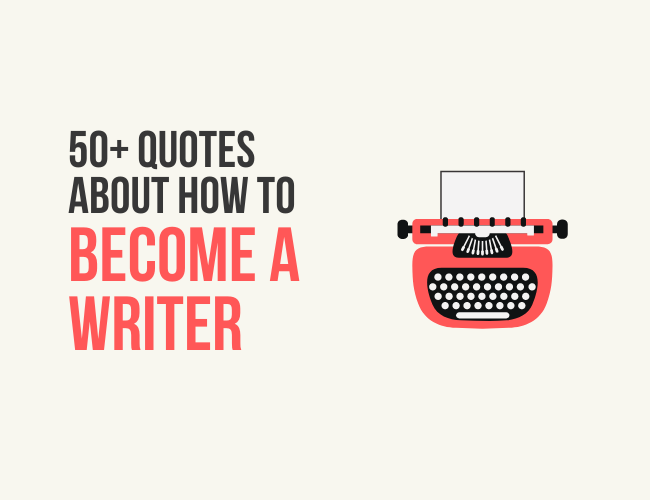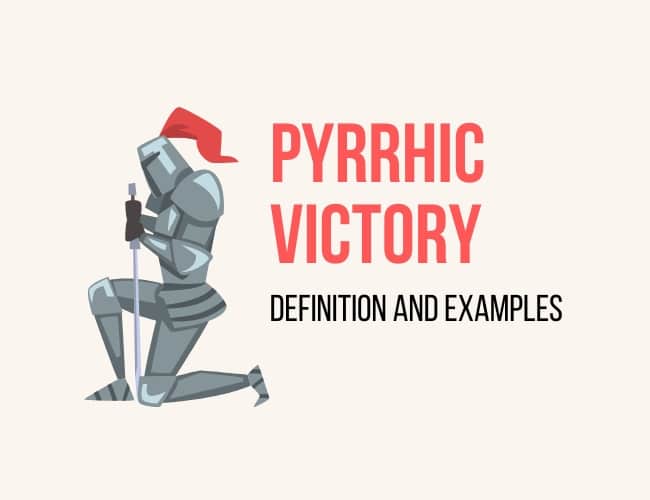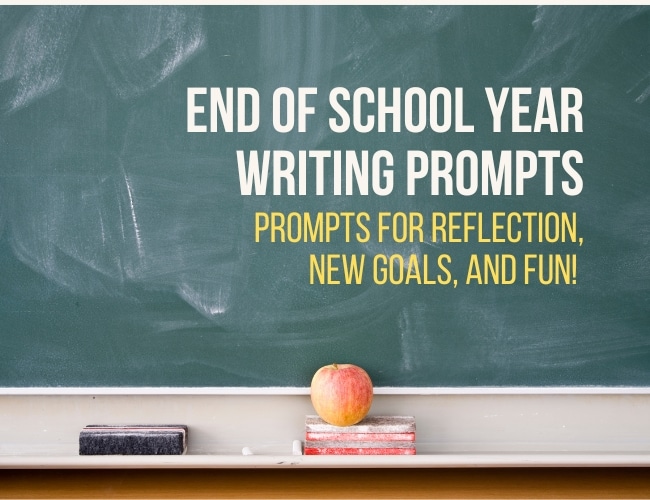If you’ve watched any one of George Lucas’s Star Wars films, read or watched any of J.R.R. Tolkien’s The Lord of the Rings books or films then you’ve experienced the hero’s journey. I’ve walked my creative writing classes through these stories numerous times, helping them identify and emulate the story principles.
Part of what makes these stories so compelling is that they follow a character from their ordinary life into an adventure they couldn’t have imagined, leading to personal transformation.
Try one of our 25 hero’s journey story ideas to write your own adventure!

